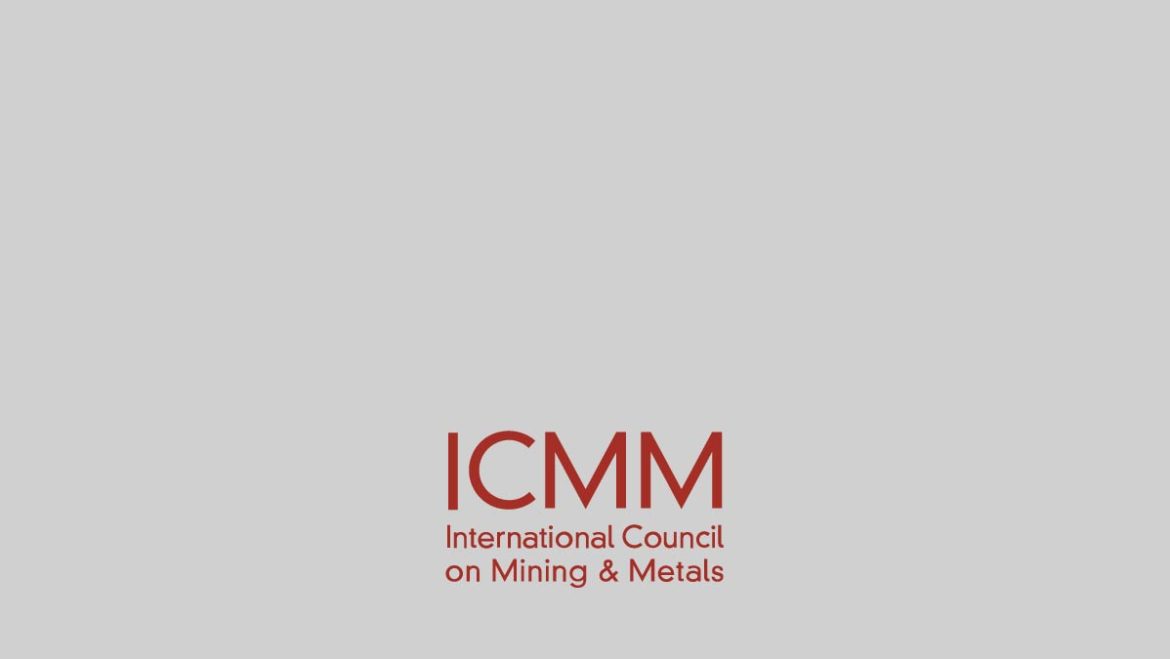In 1992, six years prior to production beginning at Raglan mine in northern Quebec, Canada, mine representatives met with members of the Makivik Corporation (an Inuit-owned economic development company) and agreed to initiate a formal consultation process.
The resulting Raglan Agreement was signed in 1995 between the Société Minière Raglan du Québec Ltée (now known as Raglan mine) and five Inuit partners (the Makivik Corporation and the two local communities of Salluit and Kangiqsujuaq, as well as their respective landholding corporations, Qaqqalik LHC and Nunaturlik LHC).
The agreement includes several chapters addressing environmental stewardship, local employment, procurement priority given to competitive Inuit businesses and dispute resolution. The agreement also features the first profit-sharing arrangement in the Canadian mining industry, which provided fixed annual payments during the early years of the mine’s development until the mine became profitable. The profit-sharing arrangement includes a commitment to provide 4.5 per cent of operating profit to the community partners in the agreement once the mine has recouped its initial capital investment.
The money is placed in a trust, which in turn distributes 25 per cent of the money to the Makivik Corporation, 30 per cent to Kangiqsujuaq and 45 per cent to Salluit. The Makivik Corporation and local communities distribute the funds among the 14 communities in the Nunavik region, based on an evaluation of needs. The arrangement was precedent setting and controversial within the industry. The Raglan Agreement paved the way for a range of financial benefit-sharing measures in mining projects in Canada.

